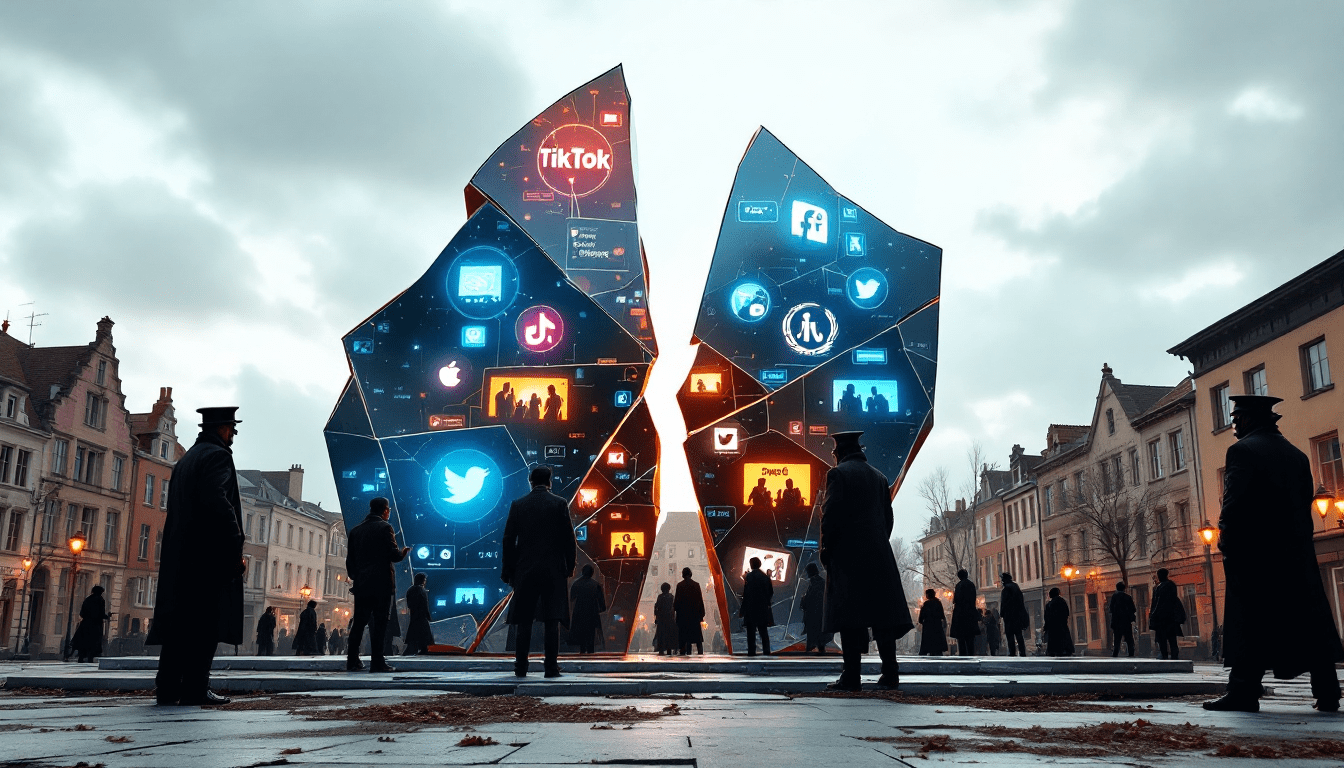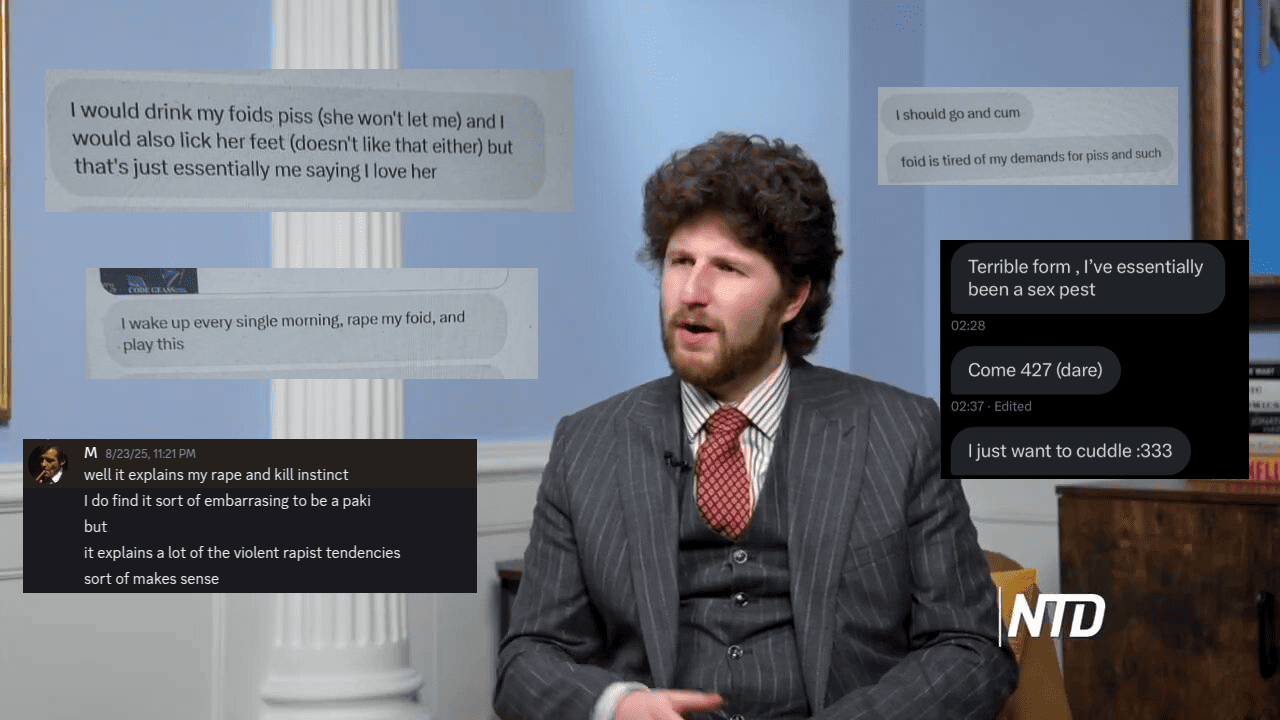Your Internet Isn’t Mine
The Internet creates isolated echo chambers where everyone experiences different algorithmic bubbles. Unlike physical communities, people now exist in personalised digital mirrors which reflect their biases. This fragments society as governance struggles with generations retreating online.






